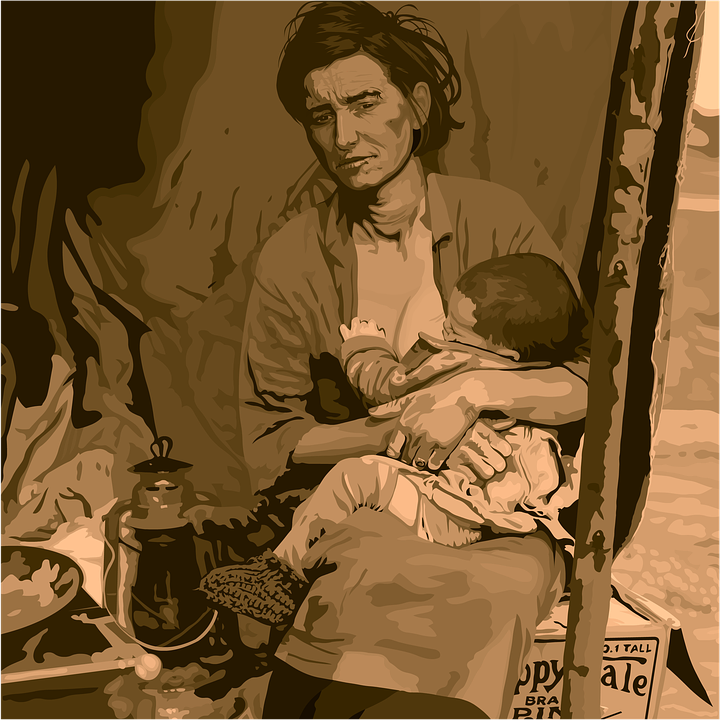The Poorer the Society the Less Power Women Have
The Poorer the Society the Less Power Women Have: Gender Inequality has prevailed in the world since the beginning of time. It suppresses women’s voices and devalues their work. Globally, women have fewer opportunities for economic participation than men, less access to basic and higher education, and less political representation.

All of this gets even worse when it comes to women of rural areas. Gender Inequality in rural areas exists because of cultural, economic and political factors. The custom and traditions act as a constraint on women’s activities and restrict their ability to compete on an even footing with men.

Across the world, it’s been observed that women are paid less than their male counterparts even if they are putting the same number of hours.
Gender roles have established the fact that women are caretakers and men are bread-winners very well. Women have the sole responsibility of taking care of and feeding their families. Often they have to sacrifice their own health and nutrition for other members of the family. Women, in most cases, have to do unpaid domestic work.
Daughters are discouraged from going to school rather appreciated for doing household chores. Even if women do earn, their earning are spent mostly on food and healthcare of children. But the same is not true for men. Most of their earnings are spent on fulfilling their personal needs.
Women are just over-represented in informal jobs.
Women and girls living in poverty are more vulnerable to sexual exploitation and trafficking. Since most of the time they are dependents on their husbands or fathers, they have fewer options to leave such relationships due to lack of income and resources.

Women not being provided with equal opportunities is a violation of human right. It is a known fact that educating women and providing them skill-based employment provide benefits to their families. The fight against child labour can only be won if parents are able to produce or earn sufficiently to ensure their family’s livelihoods.
Investment in family planning can lead to an improvement in women’s health, declines child mortality, and increases in female labour force participation. Other programmes that support women who are small-scale farmers to access markets, as well as initiative to form local self-help groups of women and men that cooperate with municipalities to identify and address community needs, ensuring outreach to women as beneficiaries of the services and programmes; support to gender advisers and gender-responsive budgeting at the municipal level.




